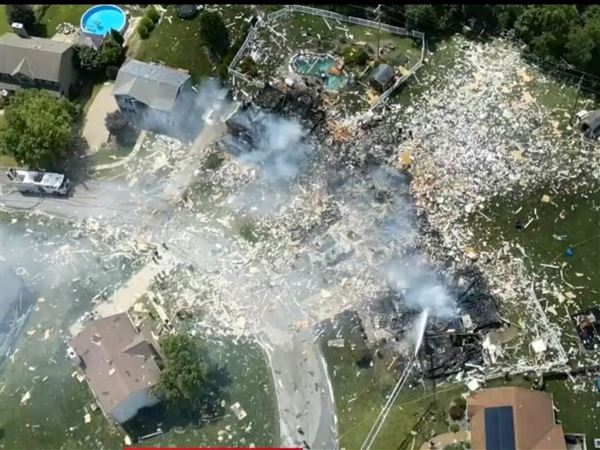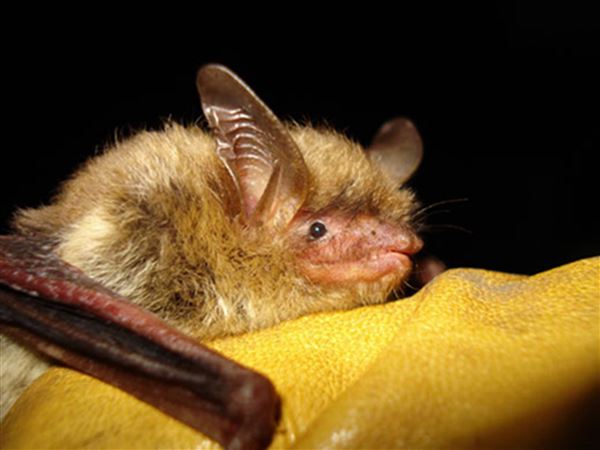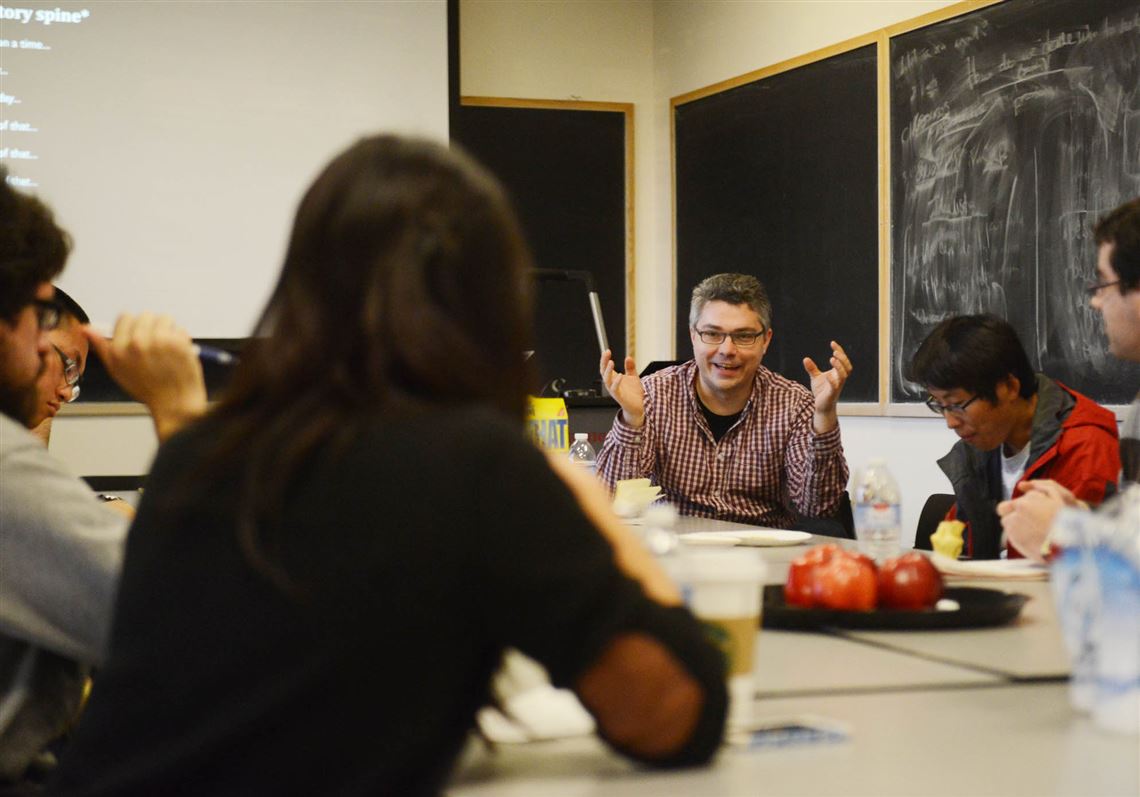Michelle Ntampaka studies galaxies to learn more about dark matter, the mysterious substance that makes up most of the universe. But on a recent Monday night, she was more concerned with the glare of the Rex Theater spotlights.
Ms. Ntampaka was one of five science and engineering students from Carnegie Mellon University who took to the stage as part of "Story Collider," a New York City-based show and podcast where people tell stories about ways that science has touched their lives.
The show came to Pittsburgh as part of a new initiative to help Carnegie Mellon scientists shed their geeky image and learn to explain their research to the general public. The student-run program is called Public Communication for Researchers, or PCR, and teaches graduate researchers skills like theater and improvisation techniques, storytelling and social media for science.
The group promotes the idea that scientists must become better communicators because their research is crucial to many social and political issues, such as climate change and health care.
"When we get money from the public to do research, our responsibility is to give back to society the results that we get. We are not doing a good job of that," said computer science graduate student Adona Iosef, who co-founded PCR with her roommates Ardon Shorr and Jesse Dunietz. "We are defaulting on our responsibility."
Part of the problem is that research students are taught how to do good research but not how to communicate, said Mr. Shorr, a biological sciences graduate student. "It's just assumed that you'll be able to do it. But you would never throw someone in the lab and say 'OK, just figure it out.' "
The program focuses on everyday, rather than professional communication, said Mr. Dunietz, a computer science graduate student. "We're not expecting everyone to become Carl Sagan," he said. Instead they train research students to talk to reporters, give public talks, write online, and explain their research to friends and family.
Theater techniques help by teaching students to focus on their audience and to connect with other people rather than just trying to "emit words," said Mr. Dunietz. The storytelling techniques are meant to help students talk about their research in more engaging ways.
The producers of "Story Collider," Ben Lillie and Erin Barker, helped the stars of the Pittsburgh show develop their stories before the event and then taught a larger group of students how to capture the audience's attention and create a narrative arc. Both of the show's producers are writers and performers who have won championships in "The Moth," a storytelling competition. Mr. Lillie is also a particle physicist.
Ms. Ntampaka said that the show rehearsal was particularly stressful for her, not because she was nervous about her performance, but because of the vivid story told by Victor Hwang, a graduate student at the Robotics Institute. Mr. Hwang talked about his experiences as an intern on a NASA programming team and of the terror of believing he had destroyed a multimillion-dollar spacecraft.
Ms. Ntampaka told a more romantic story of how she found love in Rwanda and rediscovered her passion for astronomy.
The PCR group's goal is for Carnegie Mellon to integrate the communication program into the formal curriculum and group members are currently sharing their resources with other universities. Most of the workshops have been filmed and are available on their website: www.cmu.edu/student-org/pcr
Mr. Hwang's story is available as a podcast at http://storycollider.org. Ms. Ntampaka's story is expected to be available Nov. 12.
First Published: November 4, 2013, 5:00 a.m.

















